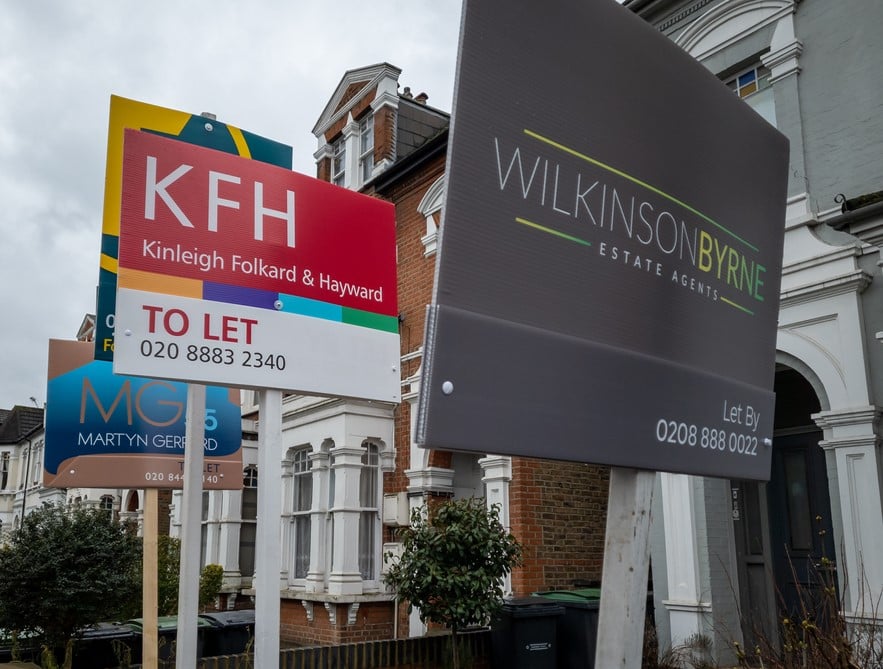
0:02 AM, 20th June 2024, About 7 months ago
Text Size
The rate at which UK private rents increase is beginning to slow down with the average rent rising by 8.7% in the 12 months to May, down from 8.9% in April.
This is still a significant rise, but it is the second consecutive month of easing annual inflation after a record high of 9.2% in March.
According to the latest data from the Office for National Statistics (ONS), this rent slowdown is not uniform across the UK.
England saw rents rise by 8.6% in May, down from 8.9% in April, while tenants in Wales experienced a slight increase of 8.5% compared to 8.2% the previous month.
Scotland also saw a decrease, with rents rising by 9.3%, compared to 10.0% in April.
Data for Northern Ireland is only available up to March 2024, when rents rose by 10.3%.
The ONS says that London continues to have the highest rents in the UK, with an average of £3,397 in Kensington and Chelsea.
The lowest rents are found in Dumfries and Galloway, Scotland, at £480.
Propertymark’s chief executive, Nathan Emerson, said: “The impact of what has been a challenging economic period continues to play chaos for many renters.
“Not only are personal finances stretched to the max for many people, but we have the added uncertainty of a general election and what that might ultimately mean for renters and landlords.”
He added: “All major political parties have referenced the need for building much-needed new homes, but we need to see a precise plan and timeline as to how and when that is going to happen.
“Currently, demand is continuing to seriously outstrip supply, and this remains a major contributory factor to elevated rental prices across the board.”
The cost-of-living crisis is also an issue for Generation Rent which says that the UK’s rents are rising at a faster rate than wages at 5.9%.
Its chief executive, Ben Twomey, said: “Prices in the shops may have stopped rising so quickly, but renters are still seeing our single biggest cost go up faster than our incomes.
“Landlords can raise the rent as high as they think they can get away with and use the threat of a no-fault eviction to bully their tenants to accept it.
“We won’t fix the cost of renting crisis unless the next government acts to slam the brakes on these runaway rents.”
And like Mr Emerson, he says the country needs more homes where people want to live – and calls for tenants to be protected from unaffordable rent rises.
Sarah Coles, the head of personal finance at Hargreaves Lansdown, said: “While there were plenty of measures for renters in the election manifestos, these have been focused on improving rights and conditions rather than on rental affordability.
“Ironically, those measures could well end up pushing up rents, as more landlords may be persuaded to sell up, and those who stay could face higher costs, and pass them onto tenants.
“With no light at the end of the tunnel for renters when it comes to costs, their only hope may be to get onto the property ladder and out of the rental market altogether.”
Richard Rowntree, the managing director for mortgages at Paragon Bank, said: “It is encouraging to see a reduction in rental inflation, which we believe will be driven by lower inflation on new lets.
“In order for this trend to continue, something that helps to alleviate the affordability challenges faced by tenants, it is crucial that we address the imbalance between the demand and supply of rented homes.
“To do this we need to recognise the contribution of private rented sector landlords and be proactive in creating the conditions that facilitate investment in good quality housing.”
Previous Article
SNP blasts Westminster for Scotland’s housing emergency